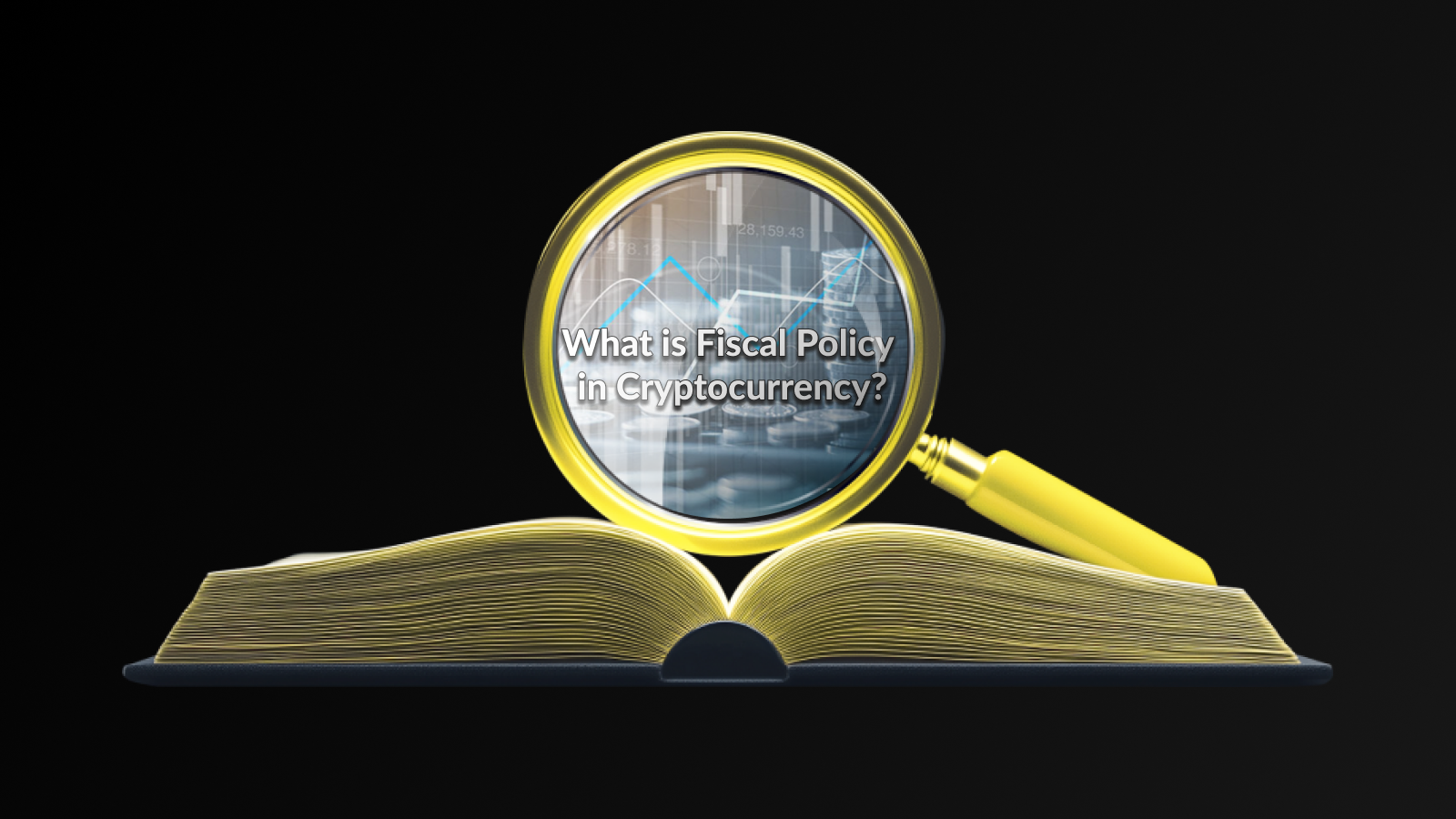Introduction
The intersection of Fiscal Policy and Cryptocurrency is a growing area of interest for investors, policymakers, and economic analysts alike. As cryptocurrencies continue to gain traction as viable financial instruments, understanding how fiscal policy affects them becomes increasingly crucial. Fiscal policy, which includes government spending and taxation decisions, directly influences the broader economic environment, impacting everything from investor sentiment to market stability.
One of the keyways fiscal policy manifests in the crypto ecosystem is through Crypto Tax Regulations. As governments worldwide develop frameworks to tax gains from cryptocurrency investments, compliance becomes essential for both individuals and businesses. These regulations can shape the adoption rates of cryptocurrencies, since increased tax burdens may deter potential investors while also encouraging existing holders to divest their assets.
Moreover, the fiscal impact of regulatory measures can ripple through the economy, creating new opportunities or challenges for innovation and investment in the crypto sector. In this climate, stakeholders must stay informed about how changing fiscal policies could influence their strategies in the ever-evolving landscape of digital currencies.
How Fiscal Policy Affects Cryptocurrency Markets
The relationship between Fiscal Policy and Cryptocurrency is increasingly relevant as governments and regulators develop frameworks that directly influence the digital asset landscape. Fiscal policies, which include taxation and government spending, can significantly impact the adoption and valuation of cryptocurrencies.
One of the primary ways fiscal policies affect cryptocurrency markets is through crypto tax regulations. When governments implement strict tax laws regarding crypto transactions, it can deter potential investors and users from participating in the market. For instance, high capital gains taxes on crypto profits may lead to reduced trading volumes, as individuals seek to minimize their tax liabilities.
Moreover, the fiscal impact of government spending on technology infrastructure can either boost or stifle the growth of cryptocurrency ecosystems. Allocations towards blockchain research and development, or incentives for crypto startups, can enhance the market’s attractiveness. Conversely, austerity measures may limit these investments, potentially hindering innovation.
Additionally, fiscal policy decisions related to monetary supply and inflation can alter the perception of cryptocurrencies as a store of value. In times of economic instability, when fiscal measures lead to increased money supply, individuals may turn to cryptocurrencies as a hedge against inflation, thus affecting market dynamics.
Understanding how fiscal policy operates within the cryptocurrency space is crucial for investors and market participants. Awareness of tax regulations and government spending priorities can provide insights into future market trends and opportunities.
Examples of Fiscal Policy Impact on Crypto Adoption
The interaction between fiscal policy and cryptocurrency is increasingly evident as governments seek to regulate the digital asset landscape. For instance, tax regulations imposed by various jurisdictions can directly affect how individuals and organizations approach crypto investments. Countries that have implemented favorable crypto tax regulations often see a surge in adoption, as investors feel more secure operating under a clearly defined legal framework.
In contrast, jurisdictions that impose heavy taxation on crypto transactions may deter potential users. For example, nations with strict reporting requirements for crypto transactions can create barriers to entry, limiting the overall volume of adoption. Potential investors might view complex tax obligations as a hindrance rather than an opportunity.
Moreover, some governments have introduced measures to incentivize cryptocurrency use through tax breaks and reduced compliance burdens. Such initiatives can amplify the positive fiscal impact of cryptocurrencies, encouraging broader participation in the market and stimulating innovation across the sector.
Changes in fiscal policy, such as stimulus packages that Favor technology adoption, can also influence cryptocurrency usage. When government funds are directed towards blockchain technology and related projects, it can catalyse developments that further promote the use of digital currencies, thus transforming the overall crypto landscape.
Challenges and Future Trends in Crypto-Related Fiscal Policy
The intersection of Fiscal Policy and Cryptocurrency presents a unique set of challenges for regulators and the industry alike. One of the primary hurdles is the rapidly evolving nature of digital assets, which often outpaces traditional regulatory frameworks. This evolution can lead to regulatory uncertainty, making it difficult for businesses and investors to navigate the landscape effectively.
Additionally, as governments around the world grapple with how to impose crypto tax regulations, they must balance innovation with the need for fiscal responsibility. The challenge lies in creating policies that do not stifle technological advancement while ensuring adequate tax revenues are generated from this burgeoning sector.
Looking ahead, the evolution of fiscal impact on cryptocurrency will likely depend on increased international cooperation. As cryptocurrencies operate in a global market, unilateral measures by individual countries may be ineffective. Collaborative approaches that involve cross-border agreements and standards could be necessary to create a more cohesive regulatory environment.
Another trend to watch is the potential for central bank digital currencies (CBDCs) to reshape the fiscal policy landscape. As more governments explore this avenue, the implications for private cryptocurrencies and their integration into the broader economic system will become more pronounced.
The future of crypto-related fiscal policy is likely to be characterized by a dynamic interplay between innovation, regulation, and global collaboration, setting the stage for a transformative period in how we understand money and governance.
Disclaimer
This article is for educational purposes only and does not constitute financial or investment advice. Cryptocurrency investments are subject to risks, including regulatory changes, taxation, and market volatility. Always consult a financial advisor or tax professional for guidance specific to your situation.
Click for more Darkex education articles.





